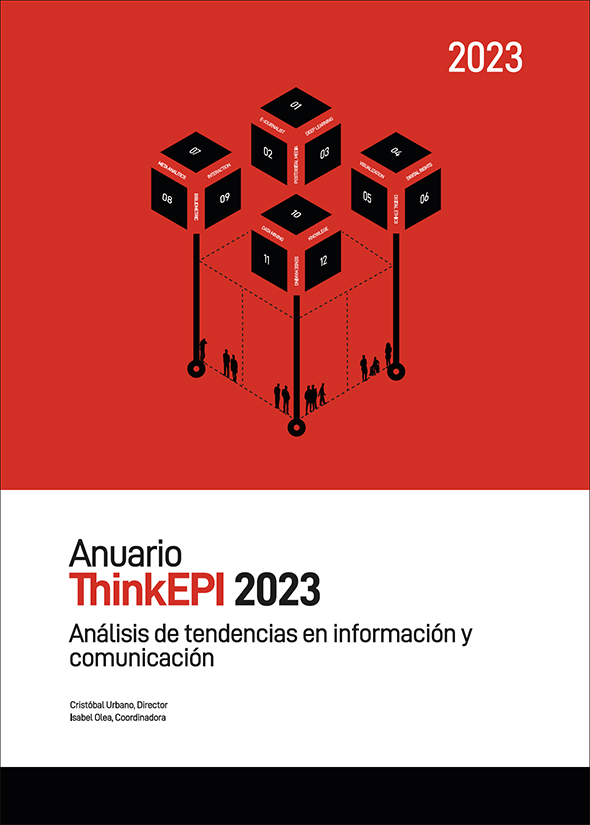On the open source in open science: Is it open science if it was written, developed, or processed with proprietary software?
DOI:
https://doi.org/10.3145/thinkepi.2023.e17a12Keywords:
Open science, Open source, Research software, Software in research, Free software, Proprietary software, Science communication, National Open Science Strategy of SpainAbstract
In a recent article and in the context of open science, the FAIR for Research Software (FAIR4RS) working group introduced the FAIR (Findable, Accessible, Interoperable, and Reusable) principles for research software. This ThinkEPI discusses the difference in these principles between research software (created during research) and software in research (used to write, develop, or process scientific work). Some questions are proposed for discussion, such as: Is it open science if it was written, developed, or processed with proprietary software? Should we consider software in research -and not just research software- as another piece of open science? The debate is currently even more relevant due to the recent publication of the first National Open Science Strategy (ENCA) 2023-2027 by the Government of Spain, and its content that includes, among other topics, references to open source and free software.
Downloads
References
Abadal, Ernest (2021). "Ciencia abierta: un modelo con piezas por encajar". Arbor, v. 197, n. 799, a588. https://doi.org/10.3989/arbor.2021.799003
ArXiv Accesibility Forum (2023). How do we make accessible research papers a reality. https://accessibility2023.arxiv.org
Barker, Michelle; Chue-Hong, Neil P.; Katz, Daniel S.; Lamprecht, Anna-Lena; Martinez-Ortiz, Carlos; Psomopoulos, Fotis; Harrow, Jennifer; Castro, Leyla-Jael; Gruenpeter, Morane; Martinez, Paula-Andrea; Honeyman, Tom (2022). "Introducing the FAIR Principles for research software". Scientific Data, v. 9, 622. https://doi.org/10.1038/s41597-022-01710-x
Kosko, Bart (1995). Pensamiento borroso: la nueva ciencia de la lógica borrosa. Barcelona: Editorial Crítica. ISBN: 84 7423 698 3
RAE (2023). Diccionario de la lengua española. https://dle.rae.es/purista
Vegas, Jesús; Llamas, César; Hernández, Carmen; González, Manuel A. (2017). "Is open science the same as open source science?". Biostatistics and biometrics open access journal, v. 1, n. 4, 555571. https://doi.org/10.19080/BBOAJ.2017.01.555569
Zadeh, Lofti-Asker (1965). "Fuzzy sets". Information and control, v. 8, n. 3, pp. 338-353. https://doi.org/10.1016/S0019-9958(65)90241-X
Downloads
Published
How to Cite
Dimensions


